My greatest observation from comments in my previous post: there is a general mental block around rollups in the crypto community. I made the mistake of assuming this sub would be familiar with rollups, but that's clearly not the case. It's understandable - rollups are complex bleeding-edge new tech. Many don't seem to be considering that these are superior solutions to L1s. I've actually already made this case before, Opinion: Rollups are 4th gen blockchains, but here I'll be considering a more direct comparison. I'll be simplifying things here so people can understand easily - not everything will be strictly accurate.
Rollups are directly comparable and competitive with L1s. The implication here is that a smart contract rollup is a direct alternative to an L1. zkSync 2.0, Arbitrum, Optimistic Ethereum, StarkNet, OMGX, Cartesi and others are direct alternatives to Avalanche, EOS, Tron, Algorand, Binance Smart Chain, Cosmos, Solana, Polkadot, and yes, even Ethereum etc. Yet, when I see people comparing smart contract platforms, rollups are suspiciously missing from the comparisons. It's time to evolve our mental models and start evaluating the smart contract space in a more holistic manner.
Currently, we have multiple rollups online, such as Loopring, zkSync, dYdX, Immutable X*, Aztec, DeversiFi*, Hermez etc. This is proven technology that simply works. Most of these rollups do thousands of TPS and have gas fees so low some even subsidize them (or abstract them away) so users effectively pay zero gas. You'll have to see it to believe - try dYdX for yourself. Instant transactions, zero gas fees, it's the future everyone dreamed of but is here today. However, much like the early days in blockchain before smart contract platforms grew into prominence, these rollups are currently application specific. For example, zkSync only processes payments at this time, much like Bitcoin is purely peer-to-peer money. BitShares is a blockchain purely for a DEX, just like dYdX is a rollup purely for a DEX. Immutable X is for NFTs, just like Flow, so on and so forth. Sure, you can build applications on top of them, but they are limited to specific application scenarios. The point here is rollups are now where L1s were in ~2015, before applications started building on smart contract chains instead of developing their own.
However, rollups are set to enter the programmable smart contracts era imminently. First to release will be Arbitrum, on May 28th. It's worth noting that Optimism has been live since January, but is till date restricted to Synthetix. Uniswap V3, Chainlink and others will release over the coming weeks/months, but the full public launch is only due for July at the earliest. zkSync 2.0's testnet goes live this month with mainnet in August if all goes well, with StarkNet also due later this year. It's to important note that some of the MVPs we see release shortly may have some missing features like decentralized sequencers or efficient signature aggregation, but we're looking at rollups as a long-term solution in this post.
Let's revisit the blockchain trilemma - decentralization, security and scalability - you can never have all three, despite what marketing materials from projects may claim. Most L1s today significantly sacrifice decentralization to get the required scalability. For example, EOS and Binance Smart Chain have 21 validators; Tron 27; Algorand ~100, Cosmos ~150; Polkadot, Avalanche, Solana have a few hundreds, Cardano a couple of thousand, Ethereum ~135,000. All of these chains are making varying magnitudes of trade-offs between the three. There are other nuances like Cosmos and Avalanche trading off security with their multi-chain nature, delegated-type consensus mechanisms featuring cabalization risks, single entities running multiple validators, but those are for another time.
By and large, you can see the significant flaw here - all chains other than Ethereum have too few validators, and require high-spec machines to run 24x7. As a result, some of these like EOS, Solana or Binance Smart Chain are already so expensive to run that only very wealthy people can run nodes - they are no longer trustless networks and require you to trust the validators. Things will only get worse over time as the state bloats into several TBs and beyond. There's nothing wrong with that, it's just a different trade-off.
This is where rollups are genius, and I don't use the term lightly. They are easily the third greatest invention in the blockchain space, after Bitcoin invented cryptoeconomics and Ethereum invented smart contracts. Well, zero-knowledge cryptography is pretty amazing too. What if you could leverage all the benefits of a fast L1, while simply subcontracting out consensus and data work to a different, stronger chain? It's classic division of labour - 2 specialists will always do a better job than 2 generalists.
That is precisely what rollups are - blockchains in their own right, but one which does not have its own consensus mechanism and data layer, and relies on a different chain - let's call it parent chain. It simply executes transactions very fast, "compresses" the outputs, and "saves" the data on parent chain. (This is deliberately oversimplified.)
This can lead to great efficiencies, VM innovations, and offer scaling far beyond anything L1s can ever offer - restricted only by the data limits of the parent chain*. So what happens if the rollup fails? This is where things get interesting - a rollup's complete state can be reconstructed from parent chain, which means it is 100% as secure and decentralized as the main chain.
Today, all rollups have opted to leverage Ethereum, because obviously it's the only massively decentralized smart contract chain there is. Ethereum's roadmap has been built around being the best parent chain for rollups. After The Merge, data sharding will release on Ethereum, offering massive data availability. This will accelerate rollups to 100,000 TPS - scalability you simply cannot achieve purely on any L1 in any sustainable manner. Can a chain offer a better consensus and data layer than Ethereum? Absolutely. But that doesn't matter, this post is not about Ethereum - rollups will simply improve with a better solution.
But wait - rollups can also have their own data layers and consensus mechanisms to further accelerate throughput, building on top of the rollup. This is the scheme being used by zkPorter or *Validium. zkPorter is scaling to 25,000 - 100,000 TPS as early as October this year. Even more interestingly, users can choose between the rollup and validium options on the fly - called Volition. Think of a situation where you're doing a DEX swap - you get to choose your fee. $0.3 for a swap on rollup with maximum security, or trade-off some for a $0.03 fee. Meanwhile, this would cost $30 on Ethereum L1.
I hear you ask - what about interoperability or composability? Well, if you believe in a multi-chain world, it's no different from L1s. Exchanges can and will offer direct deposits and withdrawals to/from rollups (OKEx has announced support for Arbitrum; Coinbase for Optimistic Ethereum, and more will join surely). There'll be bridges between rollups - just like we have between L1s. The experience for the end user will be very similar to using any L1. Indeed, rollups sharing a parent chain can further innovate with more seamless interoperability that would simply not be possible between multiple L1s.StarkWare's Caspian is a great example of this - keeping all liquidity on Ethereum L1, shared between various different Ethereum L2s. The biggest drawback is that optimistic rollups do have a 1 week withdrawal delay, which is clearly far inferior to L1s. However, this can be easily mitigated using liquidity bridges, and ZK rollups like StarkNet and zkSync 2.0 have instant withdrawals. Finally, what if you don't believe in a multi-chain world and think only one L1 will do it all? Well, that's simply impossible - like I mentioned above no L1 will ever have enough scalability for global demand, short of some exotic technologies that do not yet exist. Innovations like rollups are imperative for the blockchain world to satisfy global demand.
In short, rollups offer greater scalability, security and decentralization than all L1s, and offer a very similar user experience otherwise. My bold prediction is that by 2022/23, 90+% of retail transactions will happen on rollups. We've already seen Polygon transition from being an L1 (sidechains/commitchains are not L2) to developing rollups, and I expect many more projects to join the fray. The real "Eth killers" are not EOS, Binance Smart Chain, Algorand or Cosmos - they are StarkNet, zkSync 2.0, Arbitrum or Optimism.
[link] [comments]

You can get bonuses upto $100 FREE BONUS when you:
💰 Install these recommended apps:
💲 SocialGood - 100% Crypto Back on Everyday Shopping
💲 xPortal - The DeFi For The Next Billion
💲 CryptoTab Browser - Lightweight, fast, and ready to mine!
💰 Register on these recommended exchanges:
🟡 Binance🟡 Bitfinex🟡 Bitmart🟡 Bittrex🟡 Bitget
🟡 CoinEx🟡 Crypto.com🟡 Gate.io🟡 Huobi🟡 Kucoin.
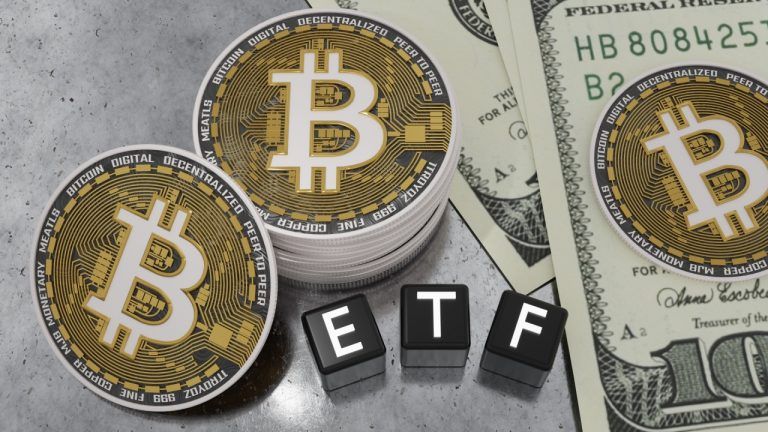


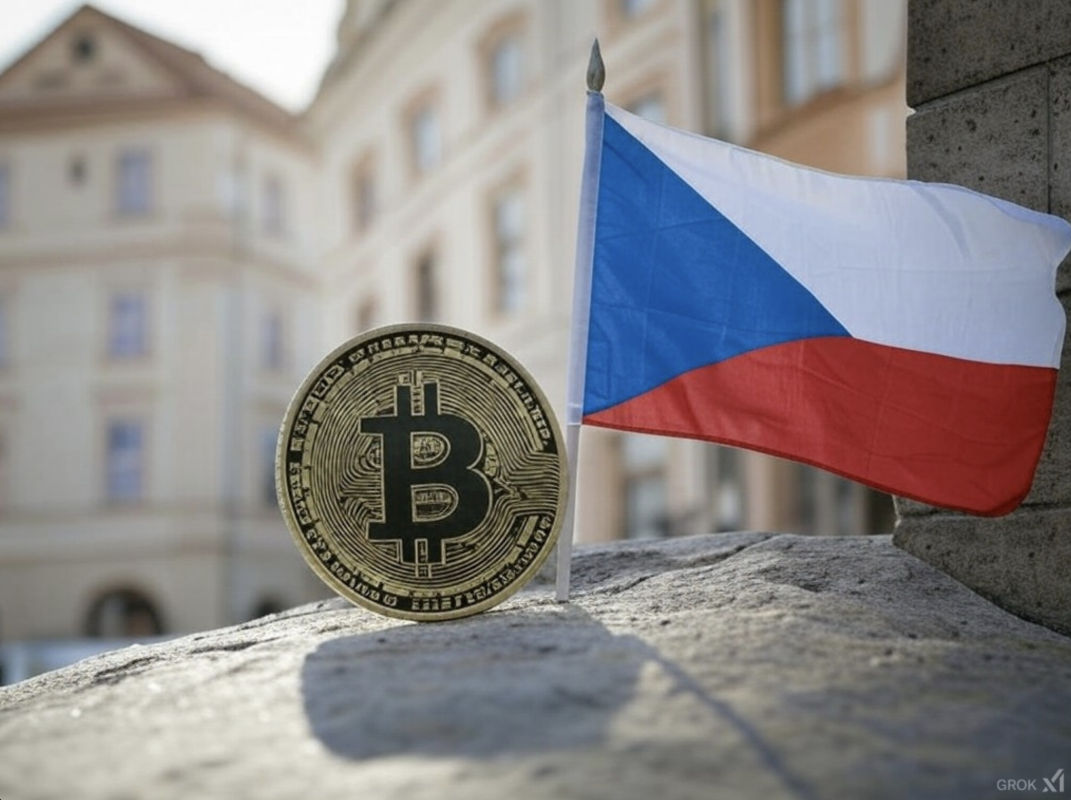

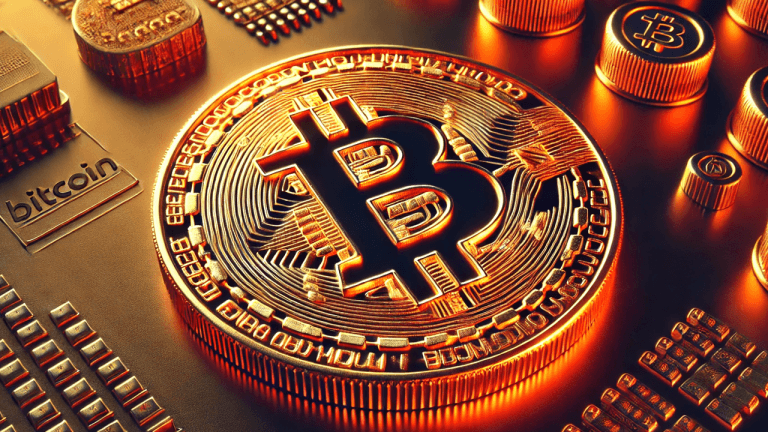
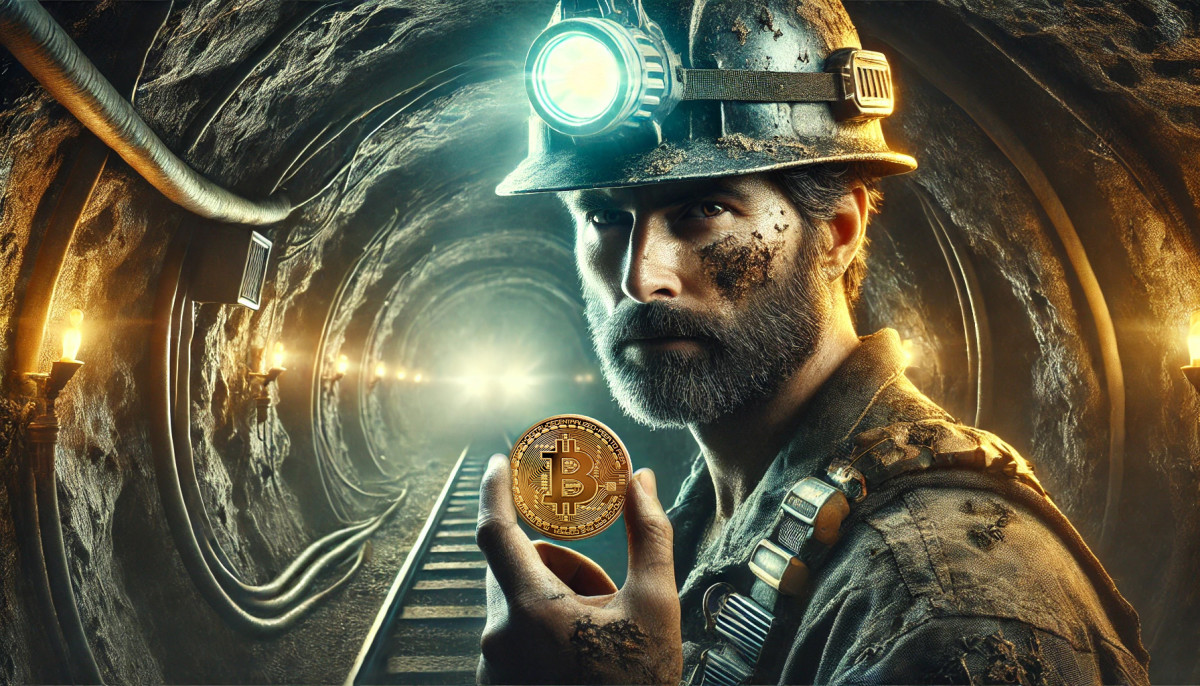

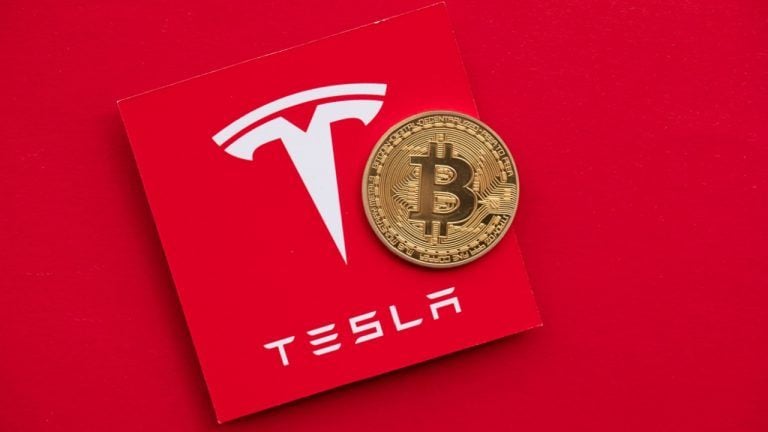


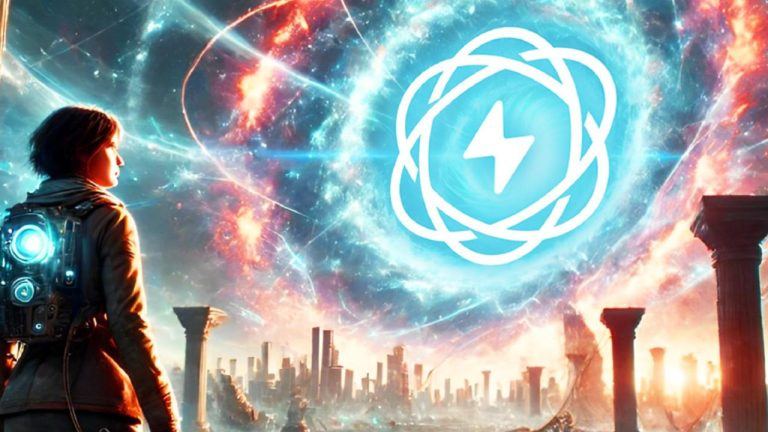








Comments